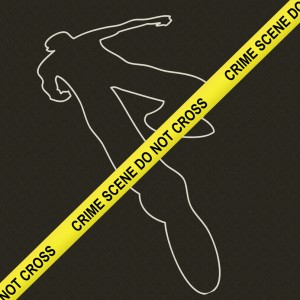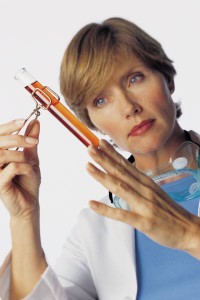Depression: Why Do People Keep Asking What Happened?

I have had this exchange a thousand times,
“I’m really depressed.”
“Why, what happened?”
Have you been missing the plot?
Bipolars Get Depressed
Bipolar disorder is defined as the cycling of moods between a depression and a mania, or hypomania. It is not characterized by being cut off in traffic and then being depressed about it.
Read More







Recent Comments